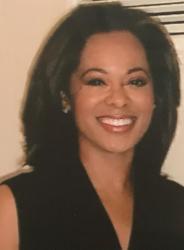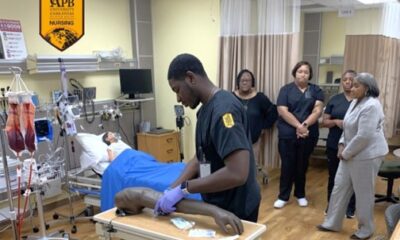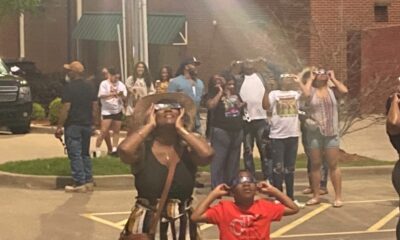News
Are Shameful Stereotypes Silencing African Americans During #MeToo?
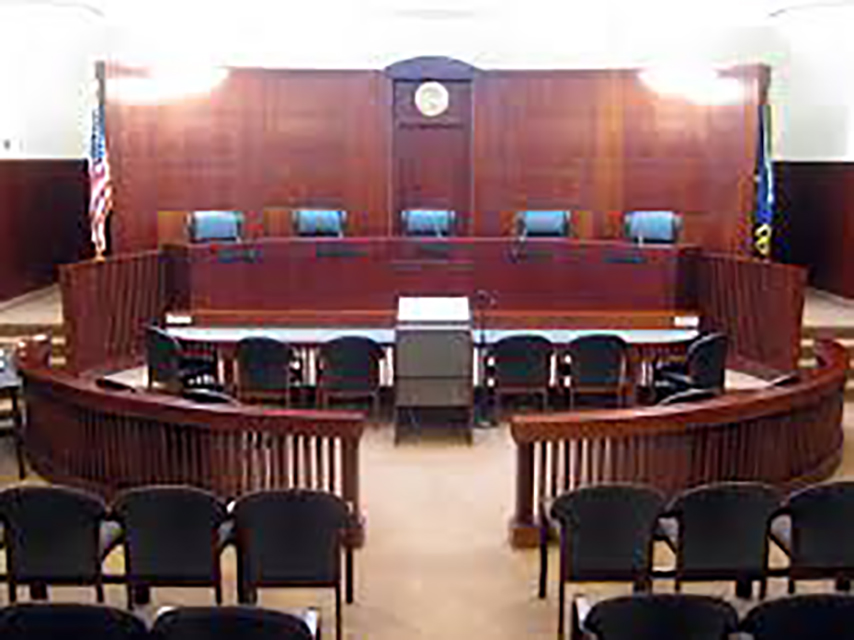
The latest installment in the national saga of high-profile men accused of sexual misconduct unfolded in a Pennsylvania courtroom with the sentencing of comedian Bill Cosby and in Washington, D.C. with an unprecedented television interview by Judge Brett Kavanaugh in an attempt to save his nomination to the Supreme Court.
“For a long time in criminal justice, the emphasis was on the offender as opposed to the rights of the victim,” says Dr. Daniel Irabor, a criminal justice professor at the University of Arkansas at Pine Bluff. “So, victims are coming out…they were scared to come out before and were ashamed, afraid no one would believe them.”
In Pennsylvania on Tuesday, a judge sentenced the man once known as “America’s Dad” to three to 10 years in state prison for aggravated indecent assault involving Andrea Constand, who worked for Temple University’s basketball team. Irabor says the judge appears to have considered some “mitigating” factors like Cosby’s health and age. But, the prison term leans toward the upper limit of the sentencing guideline.
“What’s happening now that you have women in more positions of power, and that is putting advocates in place” says Dr. Shenette Garrett-Scott, an assistant professor of History and African American Studies at The University of Mississippi. “It’s not even that this kind of behavior is new…women have been suffering with sexual assault, sexual harassment, and sexual violence, but now we have women in place who can be advocates.”
Garrett-Scott pointed to Senator Dianne Feinstein who brought to light the sexual misconduct allegation against Kavanaugh. Feinstein received a confidential letter dated July 30 from Dr. Christine Blasey Ford who accuses Kavanaugh of sexual misconduct when the two were high school students. Feinstein said she held on to the letter because it was written in confidence.
The Senate Judiciary Committee will hear testimony from Blasey Ford and Kavanaugh this week with a confirmation vote on the Supreme Court nominee scheduled for Friday. Another woman, Deborah Ramirez, also says Kavanaugh exposed himself to her when they were college students at Yale. And, a little more than 12 hours before the Senate Judiciary Committee’s hearing, a third woman, Julie Swetnick, came forward alleging that Kavanaugh and other boys spiked drinks at high school parties to gang rape girls. Kavanaugh says he is the victim of “character assassination.”
Blasey Ford’s allegation is being compared to Anita Hill’s 1991 charges of sexual harassment against then-Supreme Court nominee Clarence Thomas. Hill and Thomas had worked together at the U.S. Department of Education and the Equal Employment Opportunity Commission. More than two decades later, a parade of powerful men has been exposed during the #MeToo Movement, reaching into the highest echelons of wealth and prestige.
According to Dr. Irabor, “The civil liberty movement has helped rejuvenate the consciousness of women.”
But, very few of the women making the allegations have been African-American. Dr. Garrett-Scott says there’s a historical explanation.
“One of the reasons you don’t see a groundswell of African American women drawing attention to their sexual victimization is, in part, because historically African American sexuality has been used as a symbol of what’s wrong in America’s society,” she says. “African American women’s sexuality has been devalued and denigrated and associated with social disorder, violence, and a lack of a moral compass and so many of the stereotypes of African American women are used to justify their exploitation.”
She adds, “In each historical period, these stereotypes like the mammy, Jezebel, emasculating matriarch, crack whore, and baby mama have been mobilized in new ways to exploit African American women. And, they’re battling those stereotypes, and that’s made them gun shy in the context of a society that still believes some of those negative stereotypes and still feels there’s a kernel of truth in them.”
Garrett-Scott makes the point, however, that even if the voices of African American women have been “muted” in the most recent national dialogue surrounding sexual assault and have not resulted in a hashtag, they are still addressing the matter especially among young women.
However, there is also another reason African American women may not speak out about sexual victimization.
“I think African American women are being careful about calling attention to the kind of toxic masculinity that exists in the Black community because as Black women they don’t want their critique used as a way to devalue and criticize black men and the Black community,” Garrett-Scott says. “African American women are walking a difficult path, and sometimes we get it right and sometimes we don’t.”

-

 Black History5 months ago
Black History5 months agoThe untold story of a Black woman who founded an Alabama hospital during Jim Crow
-

 Featured9 months ago
Featured9 months ago‘No Closure’ In Town Where Five Black Residents Were Either Murdered, Died Suspiciously Or Are Missing
-
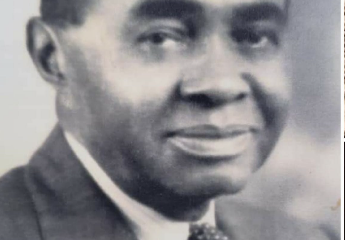
 Black History10 months ago
Black History10 months agoBlack History Lost and Found: New Research Pieces Together the Life of Prominent Texas Surgeon and Activist
-

 Featured9 months ago
Featured9 months agoFounder of “The Folding Chair” Podcast Calls Montgomery’s Brawl ‘Karma’
-
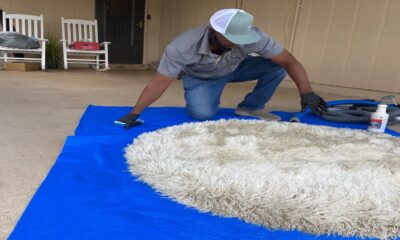
 Featured9 months ago
Featured9 months agoThousands ‘Live Their Dream’ During National Black Business Month
-

 Featured11 months ago
Featured11 months agoJuneteenth And ‘246 Years Of Free Labor’ Are Key To Conversations About Reparations

